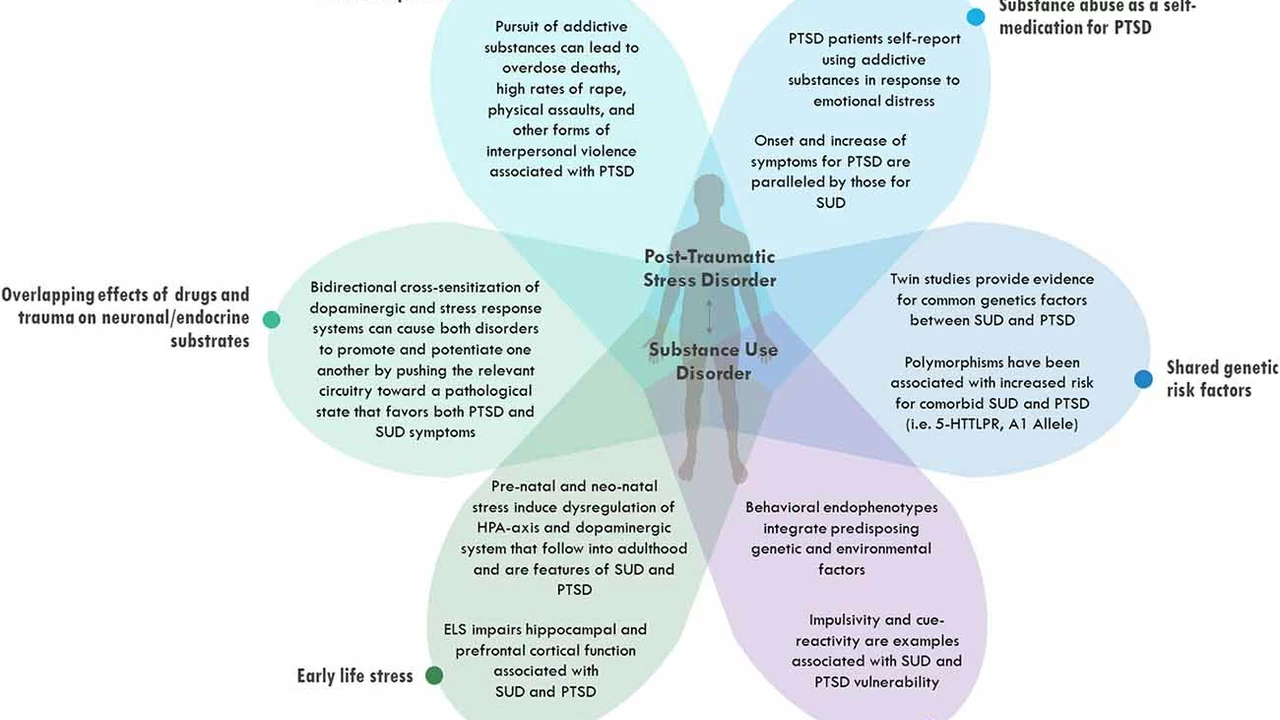Post-Traumatic Stress Disorder: What You Need to Know
Ever felt stuck in a loop of bad memories or anxiety after a scary experience? That’s what people with post-traumatic stress disorder (PTSD) often go through. PTSD is a mental health condition triggered by witnessing or going through a traumatic event—like serious accidents, violence, or combat situations.
It’s not just feeling upset for a short time; PTSD involves intense, lasting symptoms that interfere with daily life. Flashbacks, nightmares, and constant feelings of fear or danger are pretty common. Sometimes people avoid places or conversations that remind them of the trauma, which can make social life tough.
What Causes PTSD and Who’s Most at Risk?
Not everyone who faces trauma gets PTSD. It depends on several things like the intensity of the event, how close you were to it, and your support system afterwards. Some folks might have a history of anxiety or depression, which can make PTSD more likely. Also, events where a person feels a loss of control or threats to safety often have stronger impacts.
Children and adults can both develop PTSD. Often the symptoms show up shortly after the trauma but sometimes they appear months or even years later. It might seem confusing, but understanding this helps in catching signs early and seeking support.
Useful Ways to Manage and Treat PTSD
Good news: PTSD is treatable. Therapy methods like cognitive-behavioral therapy (CBT) are common and help people change the negative thought patterns linked to their trauma. Some also benefit from medications that ease anxiety, depression, or sleep problems caused by PTSD.
Support from friends, family, or groups who understand trauma can make a huge difference. It’s okay to ask for help and take your recovery at your own pace. Simple lifestyle choices—regular exercise, mindfulness, and keeping a steady routine—also support healing and reduce symptoms.
If you or someone you know is dealing with PTSD, remember that you’re not alone. Recognizing the symptoms and reaching out to a professional can start the path to a better, calmer life. There’s no shame in needing a little help after tough experiences because healing is a real possibility.

